Thousands of corona warriors sacrificed their own lives to save others during the first and second wave of COVID-19.
In the last one-and-half years, India lost thousands of specialists/doctors along with a very large number of healthcare workers and patients due to the pandemic. The corona warriors sacrificed their own lives to save the people. In the process, they themselves became the victims of the virus. On the occasion of National Doctors’ Day, given the sacrifice and shortage of doctors, experts called for new strategies. According to them better safety mechanisms, strict laws against violence, restructuring medical education, and adoption of new technologies can help in creating a new healthcare ecosystem in the country.
The Indian Medical Association (IMA) has revealed that nearly 594 doctors have lost their lives to this pandemic during the second wave while serving others. In total, the country has lost more than 1,300 doctors since the pandemic hit in the early months of 2020. During the second wave, over 100 doctors lost their lives in Delhi. According to the IMA, Delhi, Bihar, and Uttar Pradesh together account for 45 per cent of doctor deaths during the country’s second wave.
Reacting to recent incidents of violence against doctors, the IMA and the Association of Healthcare Providers-India (AHPI) had written to Prime Minister Narendra Modi and Union Home Minister Amit Shah urging them to bring in stricter laws against healthcare violence. India faces an acute shortage of doctors and it would be very difficult for them to carry on responsibilities under the stress of violence.
Several studies reveal that India is currently facing a huge shortage of nearly 2 million doctors. Inequitable distributions of skilled health workers result in inequity in providing quality healthcare to all. The rapidly growing Indian healthcare sector is expected to generate demand for 15 million to 20 million new jobs for doctors, nurses and allied health professionals by 2025.
“There is a shortage of specialist doctors in tier-I/II cities so finding doctors for tier-III will not be easy. Existing hospitals can find it a little more convenient to establish hospitals within a 50 km radius and share the specialists. Concurrently, the government need to think out of the box on increasing PG seats and DNB seats. It can also formalize fellowship programs along with speciality associations to have more specialists. The government may also consider establishing dedicated PG institutes like PGI Chandigarh,” said Dr Girdhar Gyani, Director General, AHPI.
According to experts, India needs a comprehensive, uniform and effective law against healthcare violence as the country has been facing severe population health crises not only in the form of COVID-19 but also several serious non-communicable diseases (NCDs). Healthcare leaders and experts have given a clarion call to accelerate the pace of overcoming the crisis through new strategies.
Dr Rajendra Patankar, CEO Jupiter Hospital, Pune said, “Amidst all challenges, shortage of doctors has emerged as one of the biggest roadblocks in the making of a new healthcare ecosystem. Rural India accounts for about 70 per cent of the population yet it has less than one-third of the nation’s hospitals, doctors and beds, resulting in large disparities in health outcomes across States. Upgradation of district hospitals with a medical college on PPP model as envisaged by the government would go a long way to strengthen health infrastructure in the country.”
“The recent announcement of funding for short-term HR augmentation through medical students-interns, residents, final year and nursing students would help in strengthening the sector in managing the COVID crisis but for a long term solution, we need to restructure the medical education policy aligning it with the requirements of new age,” he added.
“For the safety of our doctors, protocols and guidelines have been put in place and every health institutions follow those guidelines and protocols in managing the patients. However, we need a robust safety mechanism in terms of PPEs and other equipment and comprehensive infection prevention systems,” said Dr Patankar.
Experts are of the view that COVID-19 has made doctors learn, unlearn and relearn many things in their professional life. Prevention from infection, adoption of new technologies, and equipment are among such learnings. Going forward, the government and all healthcare stakeholders need to adopt new strategies for making our health systems effective in managing population health. With new strategies and rational policies, India needs to value the importance and sacrifices of doctors, they concluded.
![submenu-img]() Priyanka Chopra kisses Nick Jonas as Malti Marie closes her eyes; see more family pics from singer's London concert
Priyanka Chopra kisses Nick Jonas as Malti Marie closes her eyes; see more family pics from singer's London concert![submenu-img]() Lebanon: Thousands of Hezbollah members wounded after communication devices explode mysteriously
Lebanon: Thousands of Hezbollah members wounded after communication devices explode mysteriously![submenu-img]() Meet woman, who is part of Rs 1257006 crore group, holds key position, she is Ratan Tata's...
Meet woman, who is part of Rs 1257006 crore group, holds key position, she is Ratan Tata's...![submenu-img]() Atishi's net worth: Know assets owned by Delhi's next CM
Atishi's net worth: Know assets owned by Delhi's next CM![submenu-img]() Meet Sunny Deol, Rajinikanth's heroine, in live-in relationship with married man for 35 years, refused to convert, now..
Meet Sunny Deol, Rajinikanth's heroine, in live-in relationship with married man for 35 years, refused to convert, now..![submenu-img]() One Nation One Election: मोदी सरकार का बड़ा फैसला, 'वन नेशन वन इलेक्शन' प्रस्ताव कैबिनेट से पास
One Nation One Election: मोदी सरकार का बड़ा फैसला, 'वन नेशन वन इलेक्शन' प्रस्ताव कैबिनेट से पास ![submenu-img]() सुनीता केजरीवाल को नहीं बनाया CM, आतिशी को मुख्यमंत्री बनाने के पीछे क्या है अरविंद केजरीवाल का 'मास्टरस्ट्रोक
सुनीता केजरीवाल को नहीं बनाया CM, आतिशी को मुख्यमंत्री बनाने के पीछे क्या है अरविंद केजरीवाल का 'मास्टरस्ट्रोक![submenu-img]() केंद्रीय मंत्री Ravneet Bittu के Rahul Gandhi को आतंकी कहने पर बवाल, कांग्रेस का जोरदार प्रदर्शन
केंद्रीय मंत्री Ravneet Bittu के Rahul Gandhi को आतंकी कहने पर बवाल, कांग्रेस का जोरदार प्रदर्शन![submenu-img]() सावधान! दुनिया के 27 देशों तक फैला Corona का नया XEC वेरिएंट, जानें क्या हैं इसके लक्षण
सावधान! दुनिया के 27 देशों तक फैला Corona का नया XEC वेरिएंट, जानें क्या हैं इसके लक्षण![submenu-img]() Priyanka Chopra ने सरेआम पति Nick संग किया ऐसा काम, देख बेटी Malti ने बंद कर ली अपनी आंख
Priyanka Chopra ने सरेआम पति Nick संग किया ऐसा काम, देख बेटी Malti ने बंद कर ली अपनी आंख![submenu-img]() Ford to return to India after 2 years with reopening of....
Ford to return to India after 2 years with reopening of....![submenu-img]() Maruti Suzuki launches new Swift CNG, check price, mileage, other features
Maruti Suzuki launches new Swift CNG, check price, mileage, other features![submenu-img]() ‘30 LPA, 3BHK, no in-laws’: Woman earning Rs 1.32 lakh salary lists demands for future husband, netizens say...
‘30 LPA, 3BHK, no in-laws’: Woman earning Rs 1.32 lakh salary lists demands for future husband, netizens say...![submenu-img]() In a big EV push, Centre launches Rs 10900 crore PM E-Drive scheme to replace…
In a big EV push, Centre launches Rs 10900 crore PM E-Drive scheme to replace…![submenu-img]() World’s longest car has helipad, swimming pool, mini-golf course, can seat over…; it cost…
World’s longest car has helipad, swimming pool, mini-golf course, can seat over…; it cost…![submenu-img]() Meet India's first billionaire, who controlled 25% of world's GDP, had 50 Rolls-Royce, way richer than Mukesh Ambani
Meet India's first billionaire, who controlled 25% of world's GDP, had 50 Rolls-Royce, way richer than Mukesh Ambani![submenu-img]() IAS vs IPS: Who earns more? Differences in power, role, responsibilities
IAS vs IPS: Who earns more? Differences in power, role, responsibilities![submenu-img]() Meet boy who got record-breaking salary package from Google, was former Amazon employee, not from IIT, IIM…
Meet boy who got record-breaking salary package from Google, was former Amazon employee, not from IIT, IIM…![submenu-img]() Meet man who became IPS, then cracked UPSC to become IAS officer with AIR 52, is now DM of...
Meet man who became IPS, then cracked UPSC to become IAS officer with AIR 52, is now DM of...![submenu-img]() Meet PHD wife of IIT graduate hired at Rs 100 crore salary but was fired within a year, he is now...
Meet PHD wife of IIT graduate hired at Rs 100 crore salary but was fired within a year, he is now...![submenu-img]() Kolkata Doctor Case: Protesting Doctors React After CBI Arrests Sandip Ghosh And Abhijit Mondal
Kolkata Doctor Case: Protesting Doctors React After CBI Arrests Sandip Ghosh And Abhijit Mondal![submenu-img]() Nitin Gadkari: Union Minister Nitin Gadkari Reveals He Was Offered Support For PM Post But Declined
Nitin Gadkari: Union Minister Nitin Gadkari Reveals He Was Offered Support For PM Post But Declined![submenu-img]() Kolkata Doctor Case: Junior Doctors Protest For 5th Night As Talks With CM Mamata Fail Again
Kolkata Doctor Case: Junior Doctors Protest For 5th Night As Talks With CM Mamata Fail Again![submenu-img]() Muslim Sculptor Crafts Tiny Ganesh Idols On Pencil Graphite #shorts #viralvideo #ganesh
Muslim Sculptor Crafts Tiny Ganesh Idols On Pencil Graphite #shorts #viralvideo #ganesh![submenu-img]() Jaishankar: EAM Dr. S. Jaishankar On India-China Relations & Disengagement Problems | Ladakh
Jaishankar: EAM Dr. S. Jaishankar On India-China Relations & Disengagement Problems | Ladakh![submenu-img]() Meet woman, who is part of Rs 1257006 crore group, holds key position, she is Ratan Tata's...
Meet woman, who is part of Rs 1257006 crore group, holds key position, she is Ratan Tata's...![submenu-img]() Meet man, who lives in 2BHK flat in Mumbai, doesn't use any mobile, he is Ratan Tata's...
Meet man, who lives in 2BHK flat in Mumbai, doesn't use any mobile, he is Ratan Tata's...![submenu-img]() Amazon ends work from home, asks employees to return to office from...
Amazon ends work from home, asks employees to return to office from...![submenu-img]() Days after iPhone 16 series launch, Apple loses Rs 970000 crore due to...
Days after iPhone 16 series launch, Apple loses Rs 970000 crore due to...![submenu-img]() Meet man, BITS Pilani alumnus with over Rs 19500 crore net worth, now engaged in feud with brother over...
Meet man, BITS Pilani alumnus with over Rs 19500 crore net worth, now engaged in feud with brother over...![submenu-img]() This film was made in Rs 80 crore, actress scolded star kid while filming intimate scene; movie flopped, earned just...
This film was made in Rs 80 crore, actress scolded star kid while filming intimate scene; movie flopped, earned just...![submenu-img]() India’s richest child actor has net worth of Rs 8 crore, owns Rs 40-lakh luxury car, but nobody knows her 'real age'
India’s richest child actor has net worth of Rs 8 crore, owns Rs 40-lakh luxury car, but nobody knows her 'real age'![submenu-img]() 32-year-old superstar forcibly kissed 15-year-old co-star; left her traumatised, crying; later laughed about it saying..
32-year-old superstar forcibly kissed 15-year-old co-star; left her traumatised, crying; later laughed about it saying..![submenu-img]() Atishi is new Delhi CM: Know who was Delhi's first woman CM
Atishi is new Delhi CM: Know who was Delhi's first woman CM![submenu-img]() This actor worked in over 300 films, was abandoned by family, had no friends; was found with bottle of alcohol at...
This actor worked in over 300 films, was abandoned by family, had no friends; was found with bottle of alcohol at...![submenu-img]() Atishi's net worth: Know assets owned by Delhi's next CM
Atishi's net worth: Know assets owned by Delhi's next CM![submenu-img]() Thane Biggest Builders RK Builders and DHL Group Join Forces for Maharashtra’s Largest BTS Warehouse
Thane Biggest Builders RK Builders and DHL Group Join Forces for Maharashtra’s Largest BTS Warehouse![submenu-img]() Atishi to become Delhi CM: Know why she dropped her second name ‘Marlena’
Atishi to become Delhi CM: Know why she dropped her second name ‘Marlena’![submenu-img]() Arvind Kejriwal resigns as Delhi Chief Minister, tenders his resignation to LG
Arvind Kejriwal resigns as Delhi Chief Minister, tenders his resignation to LG![submenu-img]() Who is IPS Manoj Kumar Verma, the new Kolkata Police Commissioner?
Who is IPS Manoj Kumar Verma, the new Kolkata Police Commissioner?

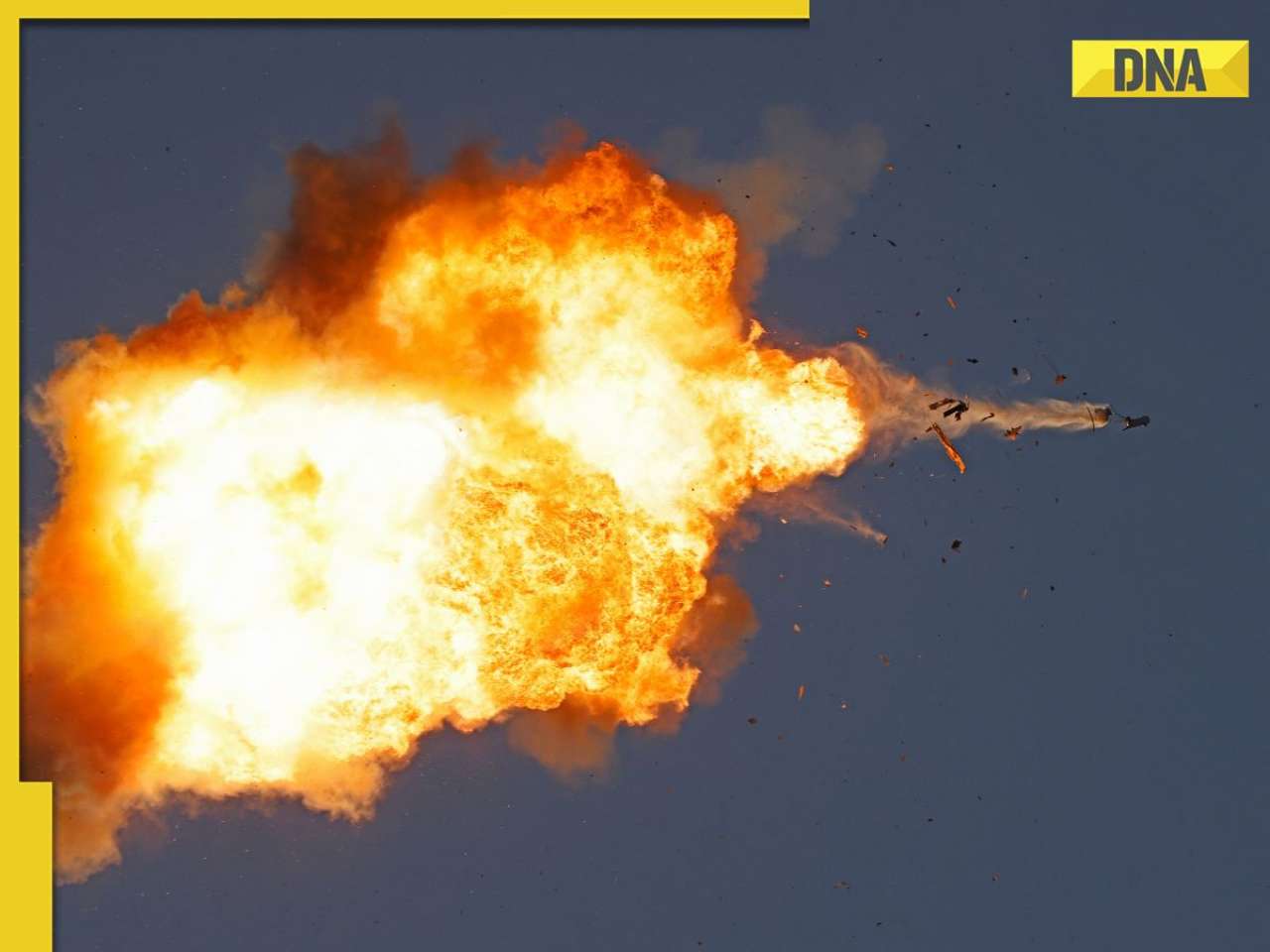
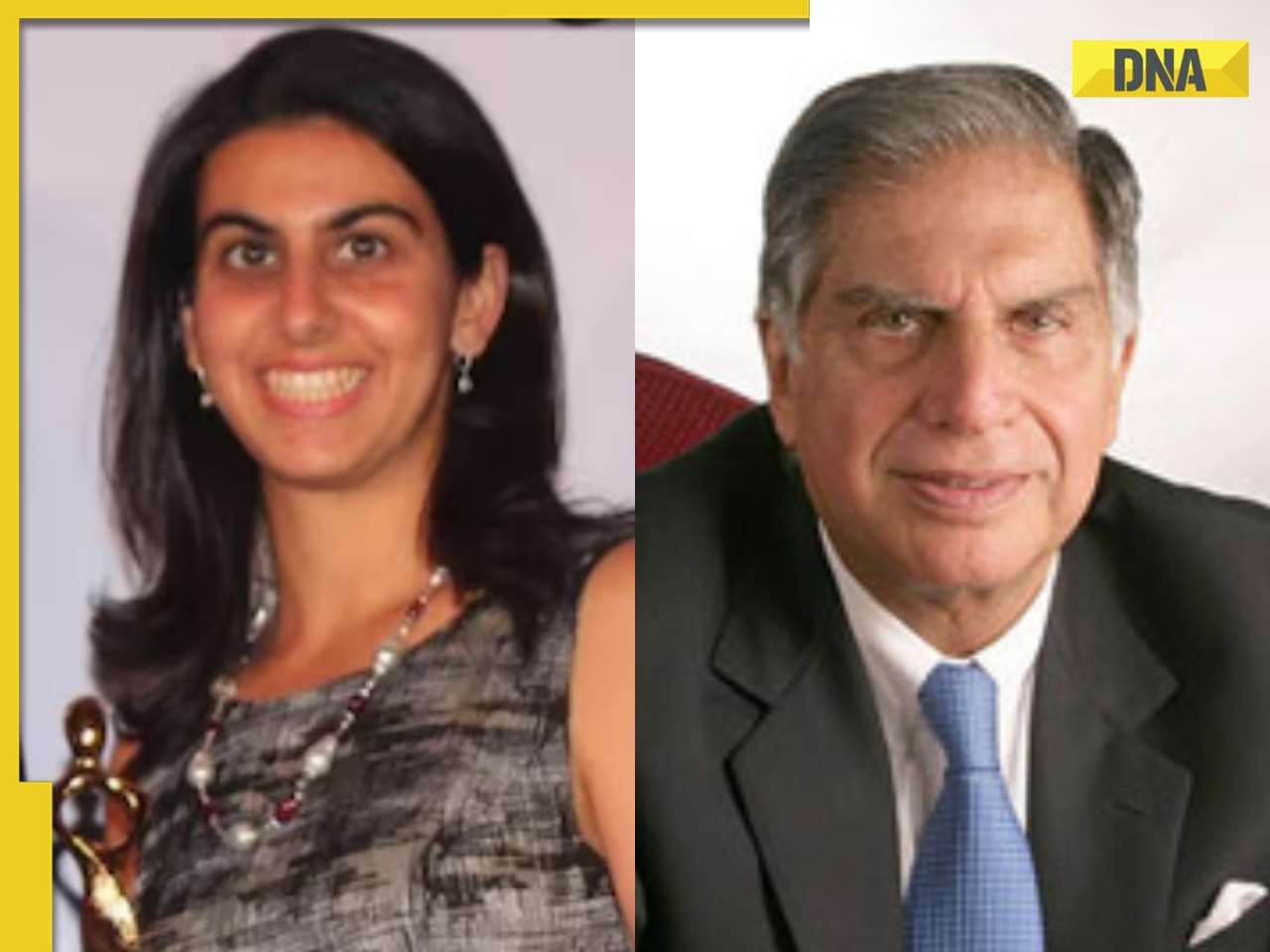
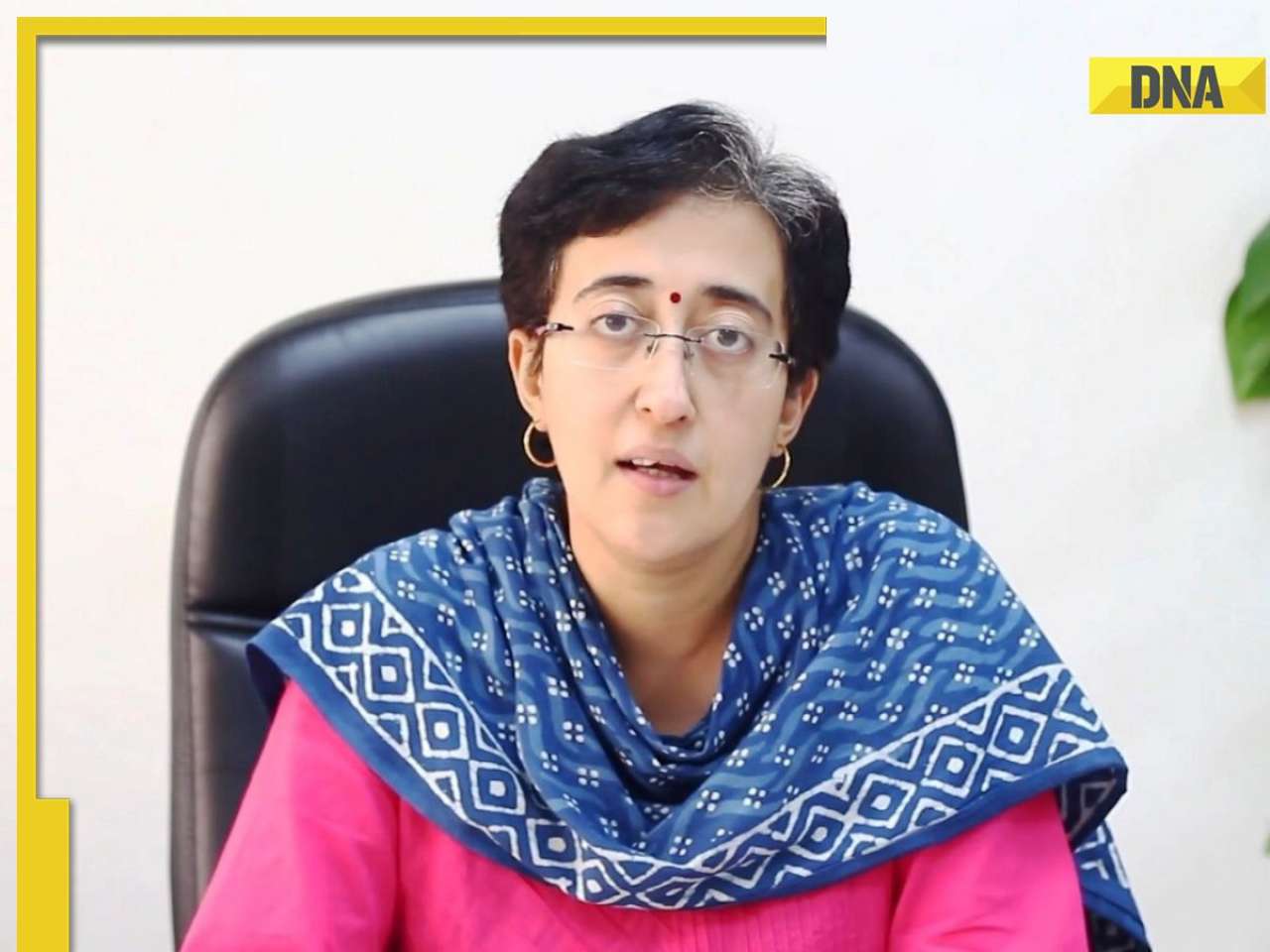
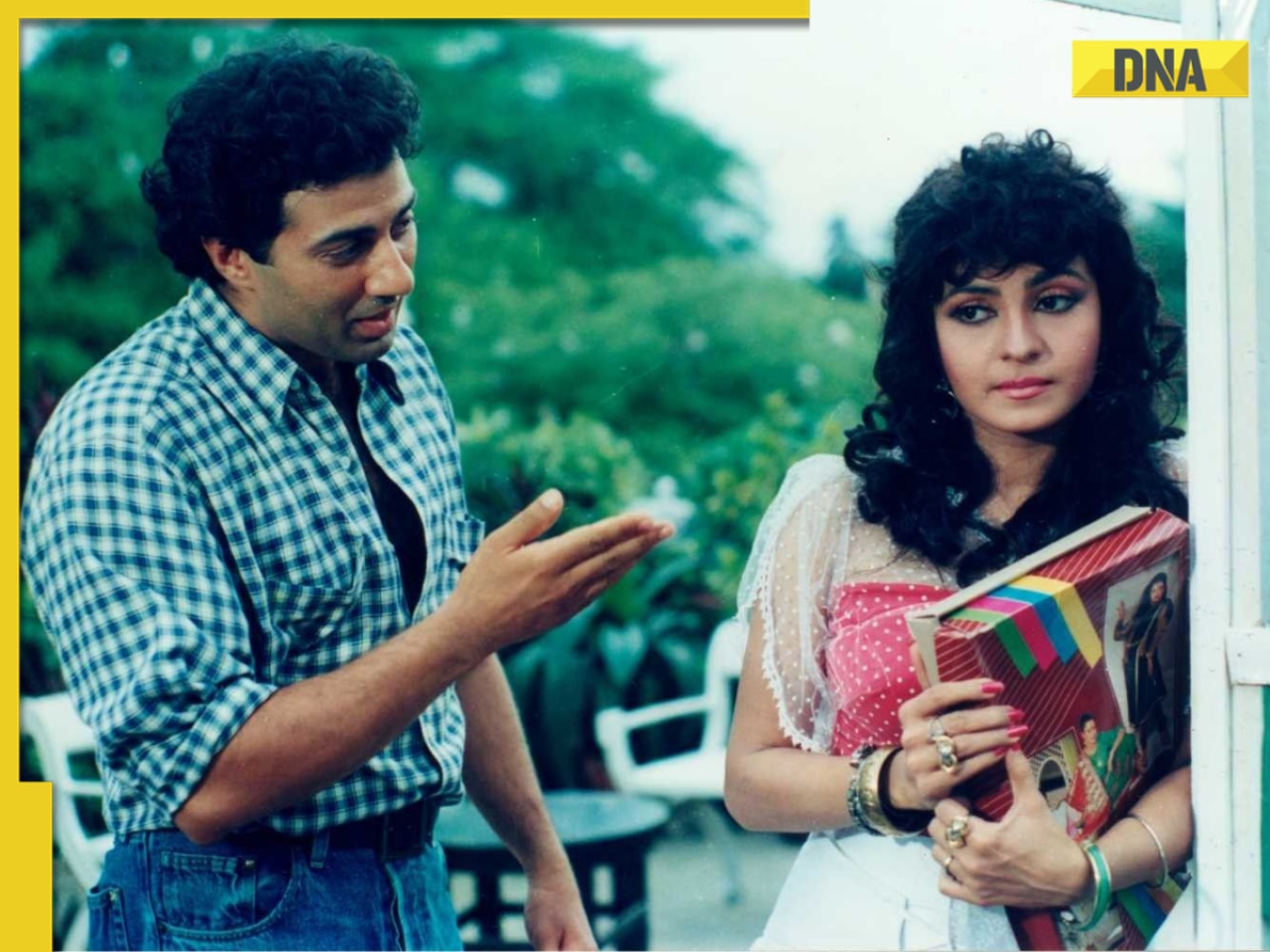





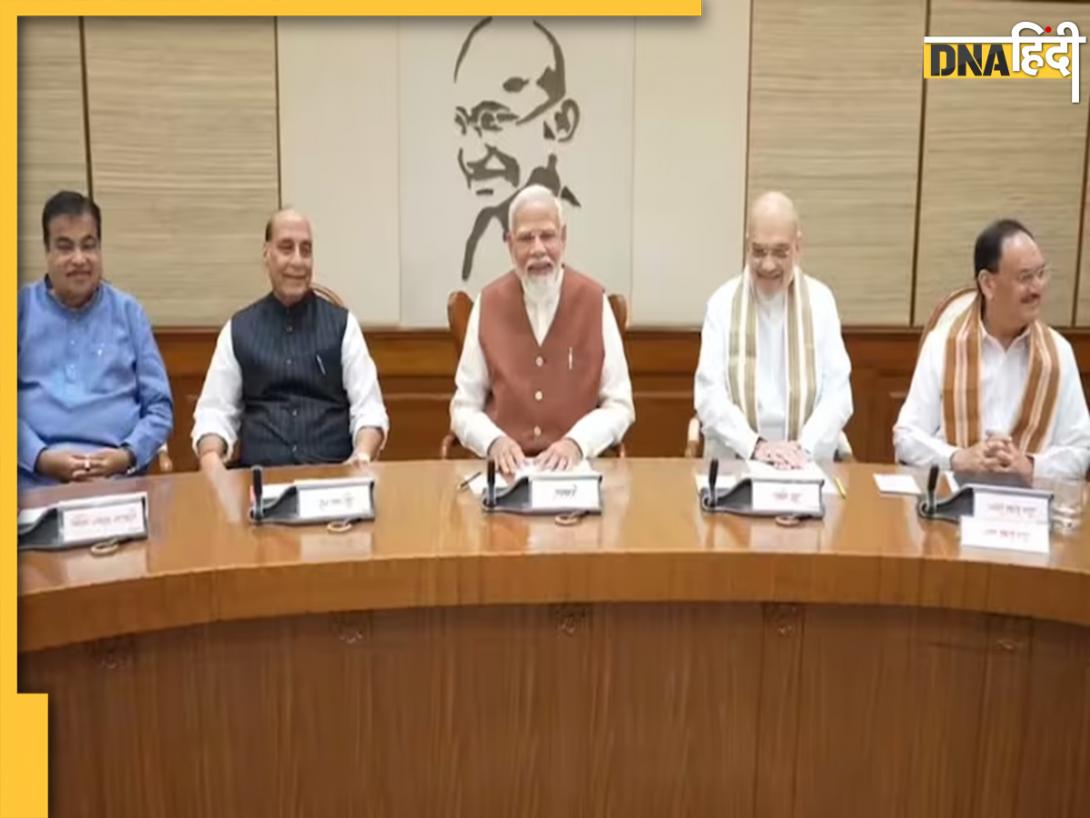
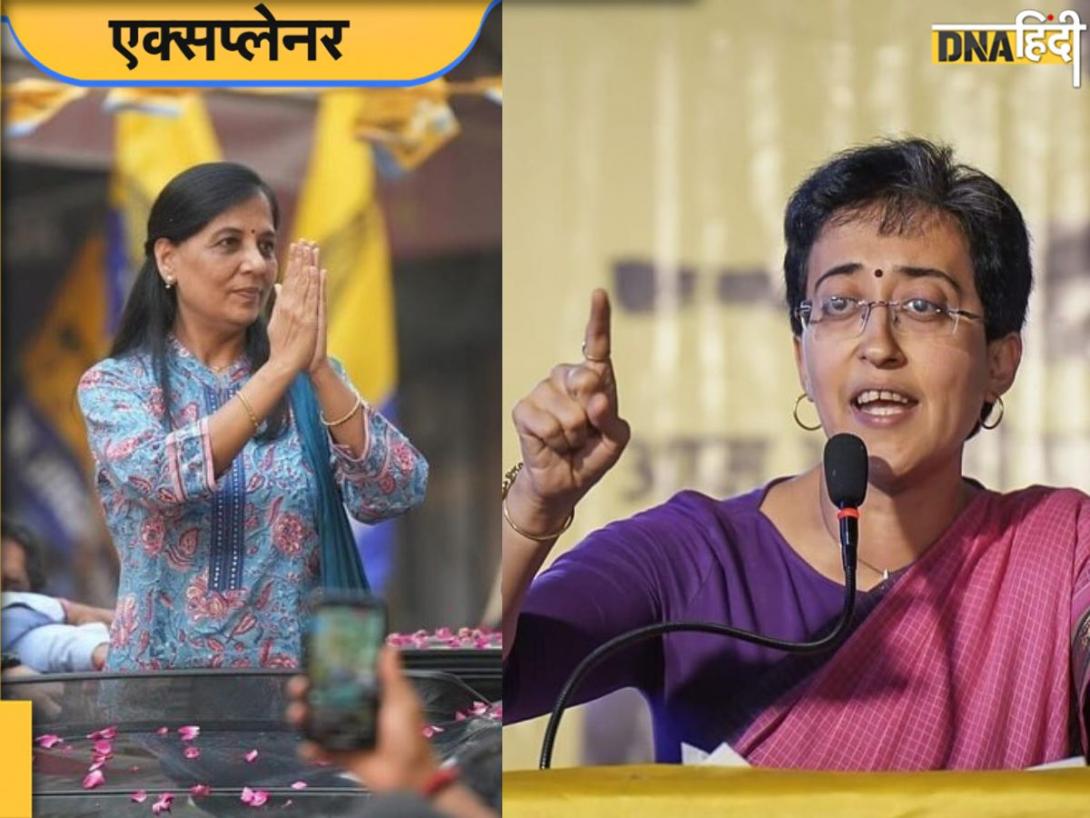
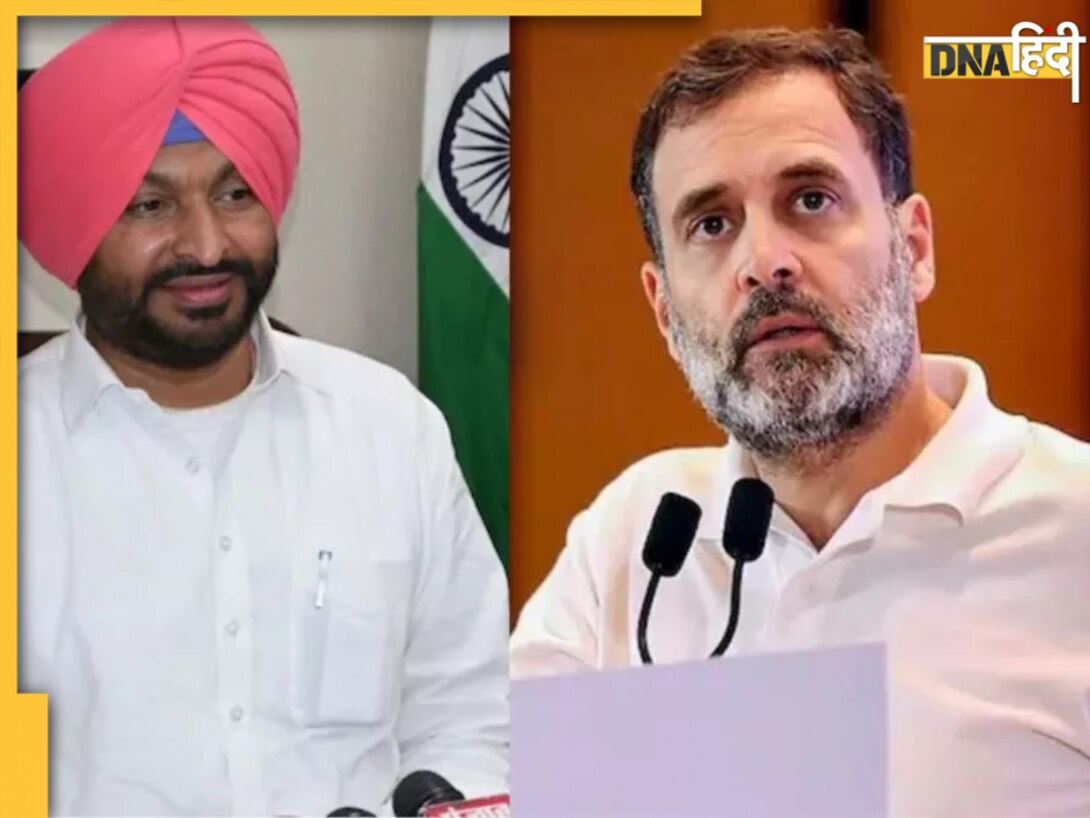
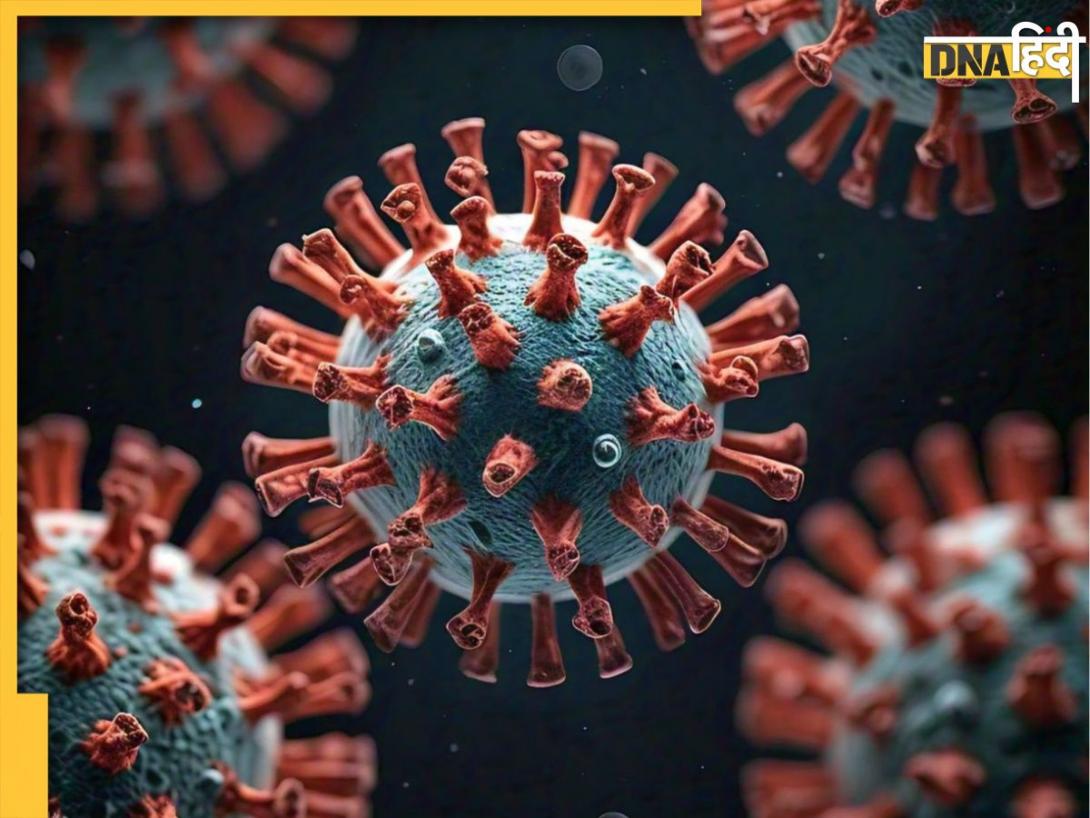






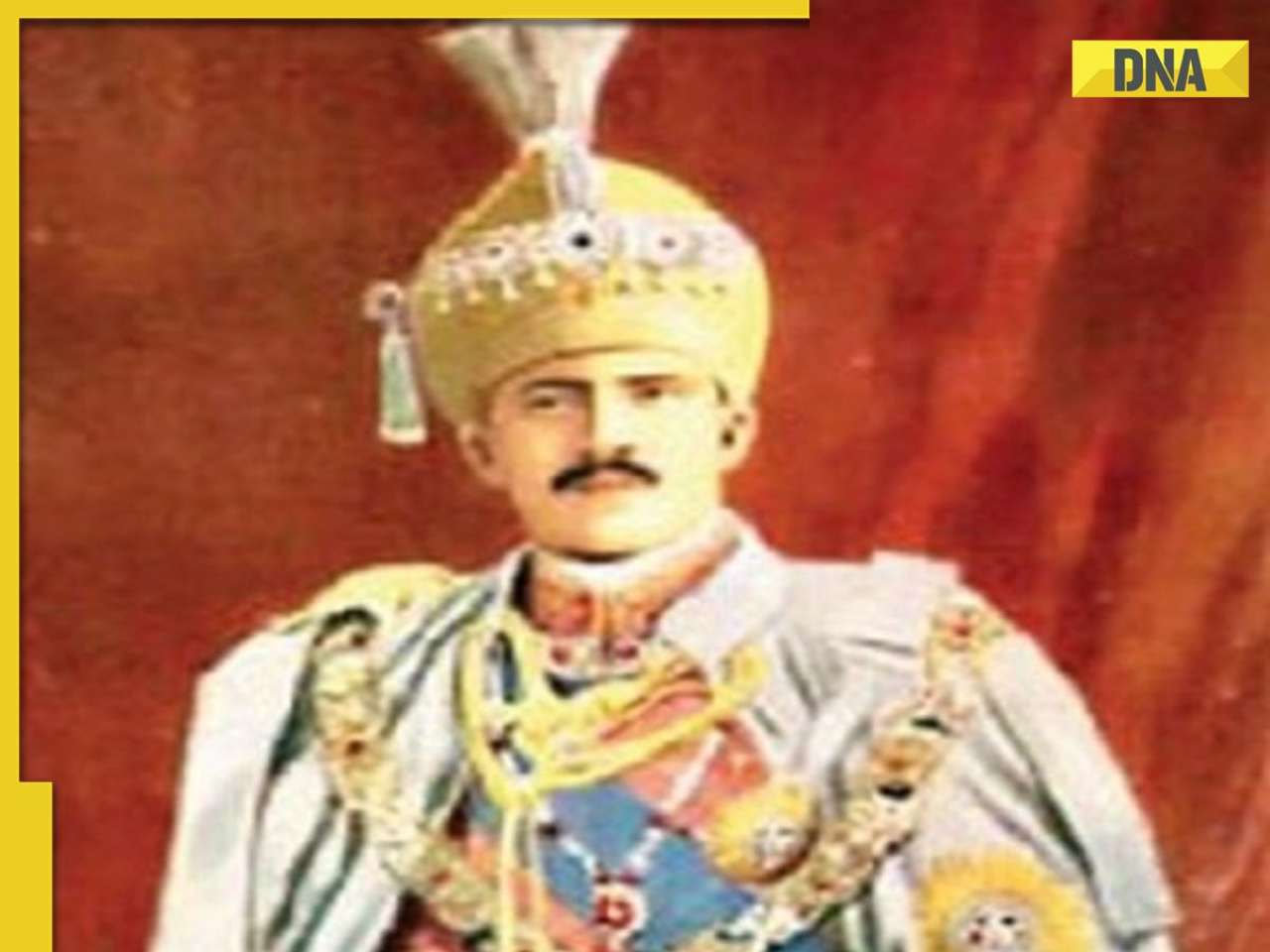


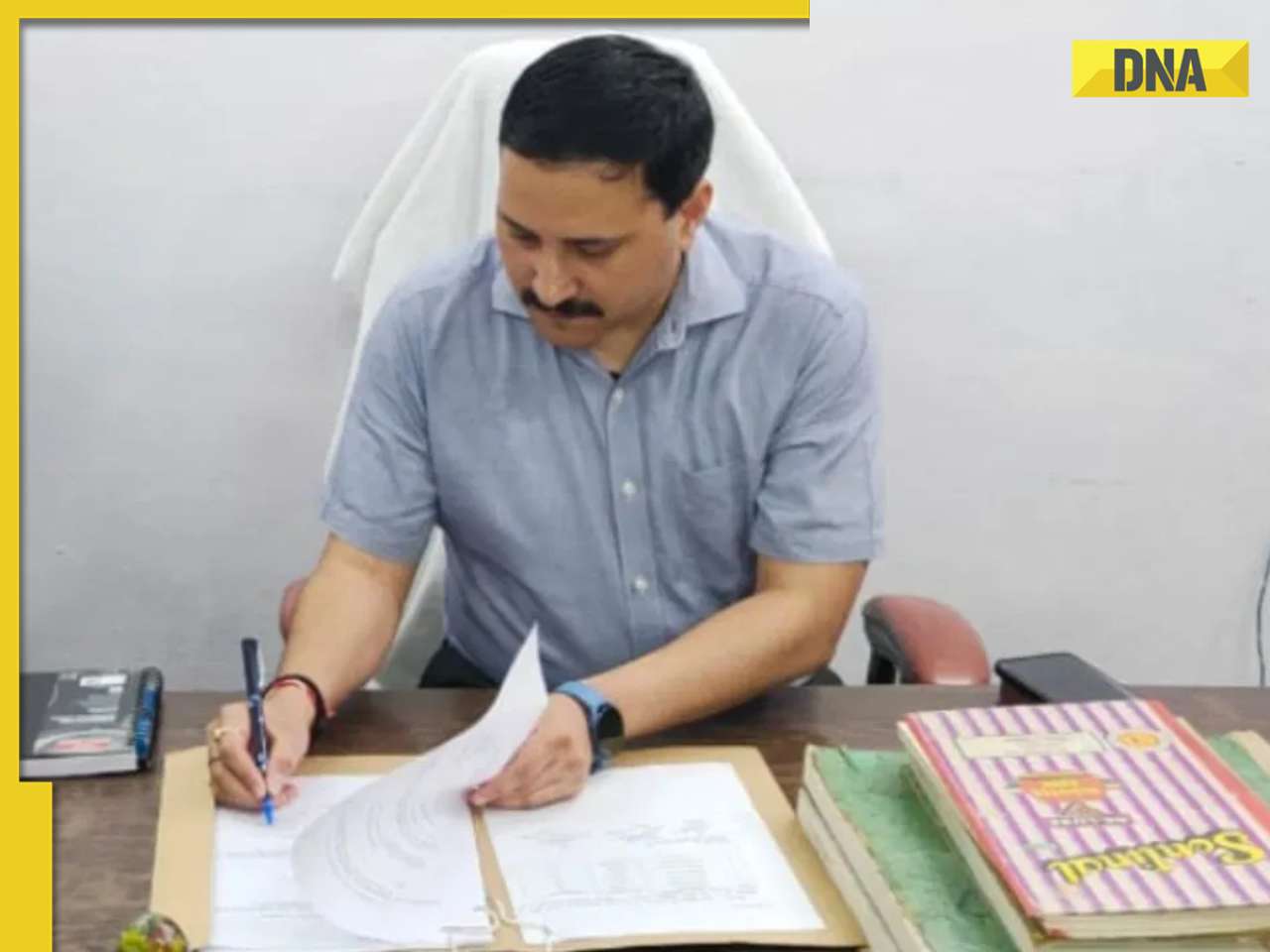
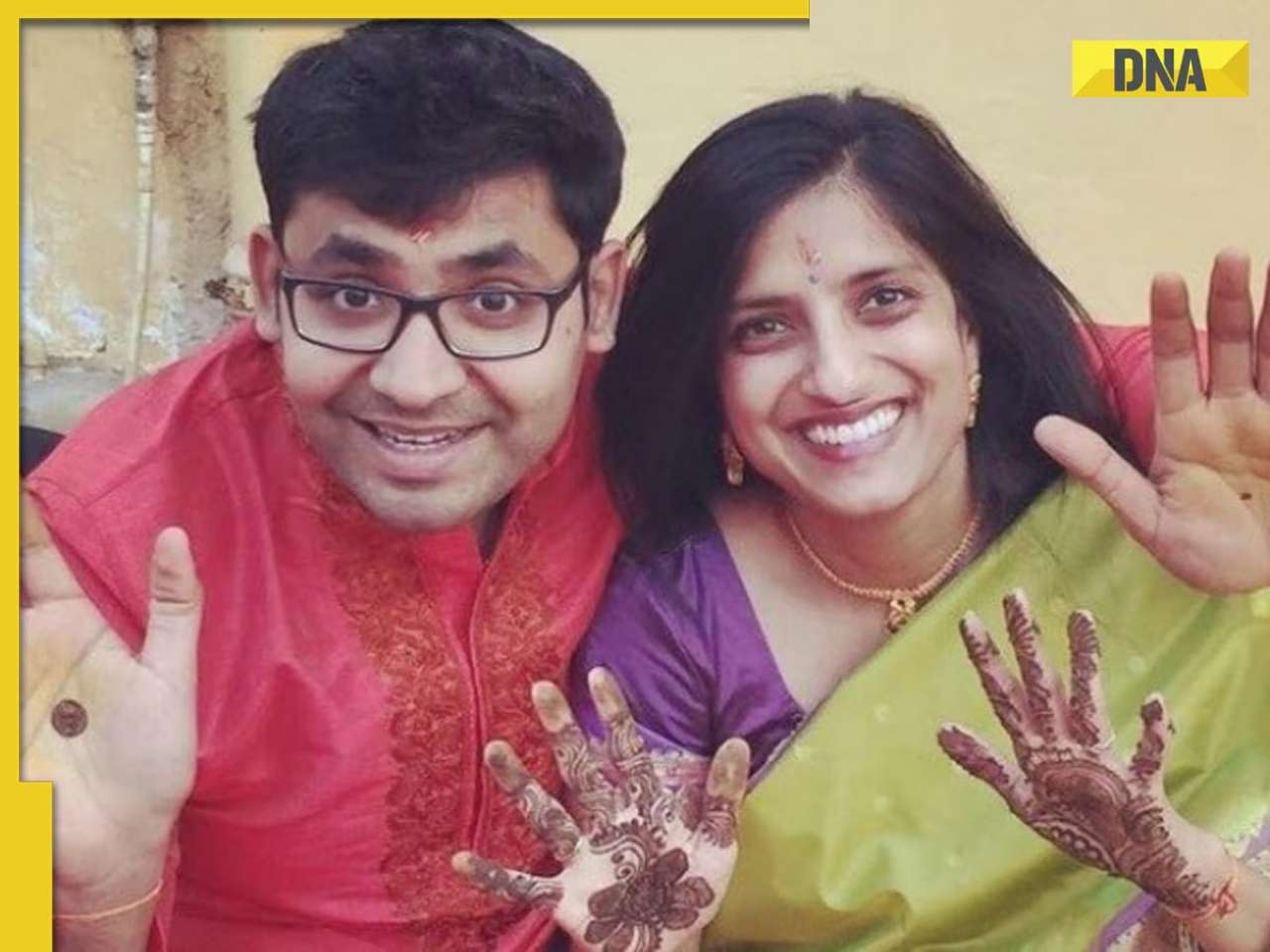
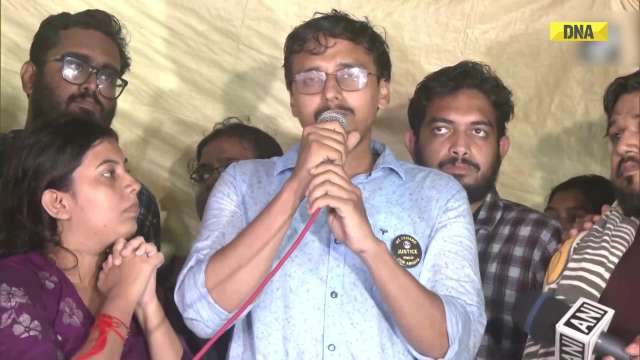
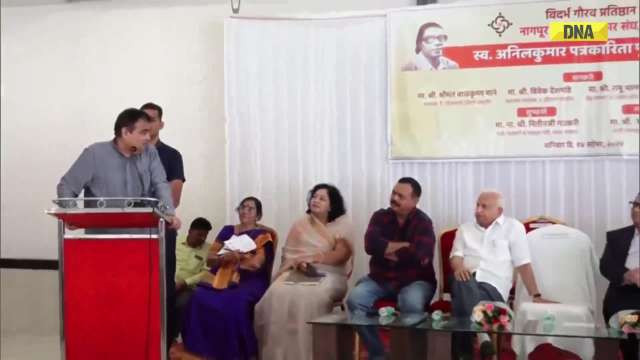
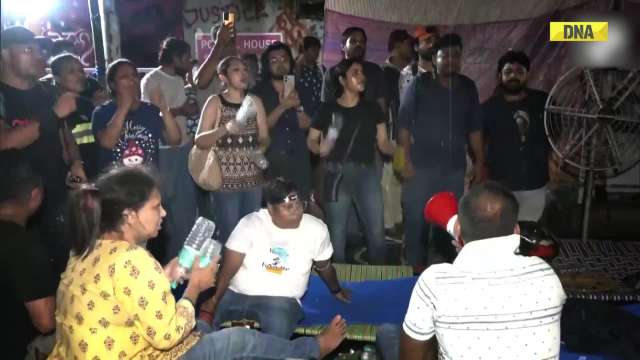

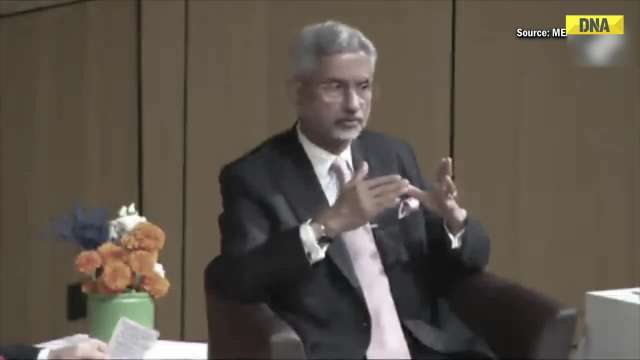
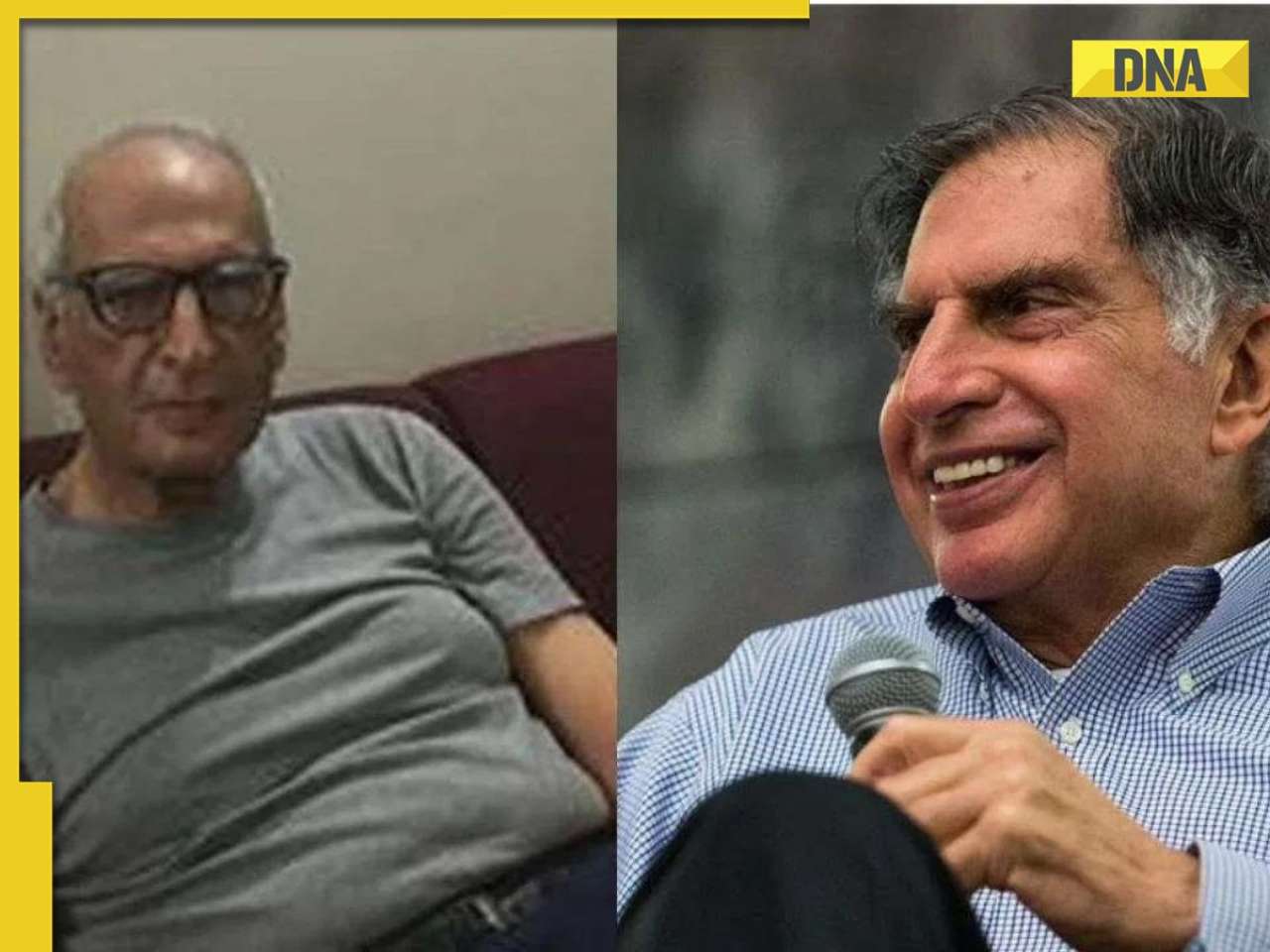


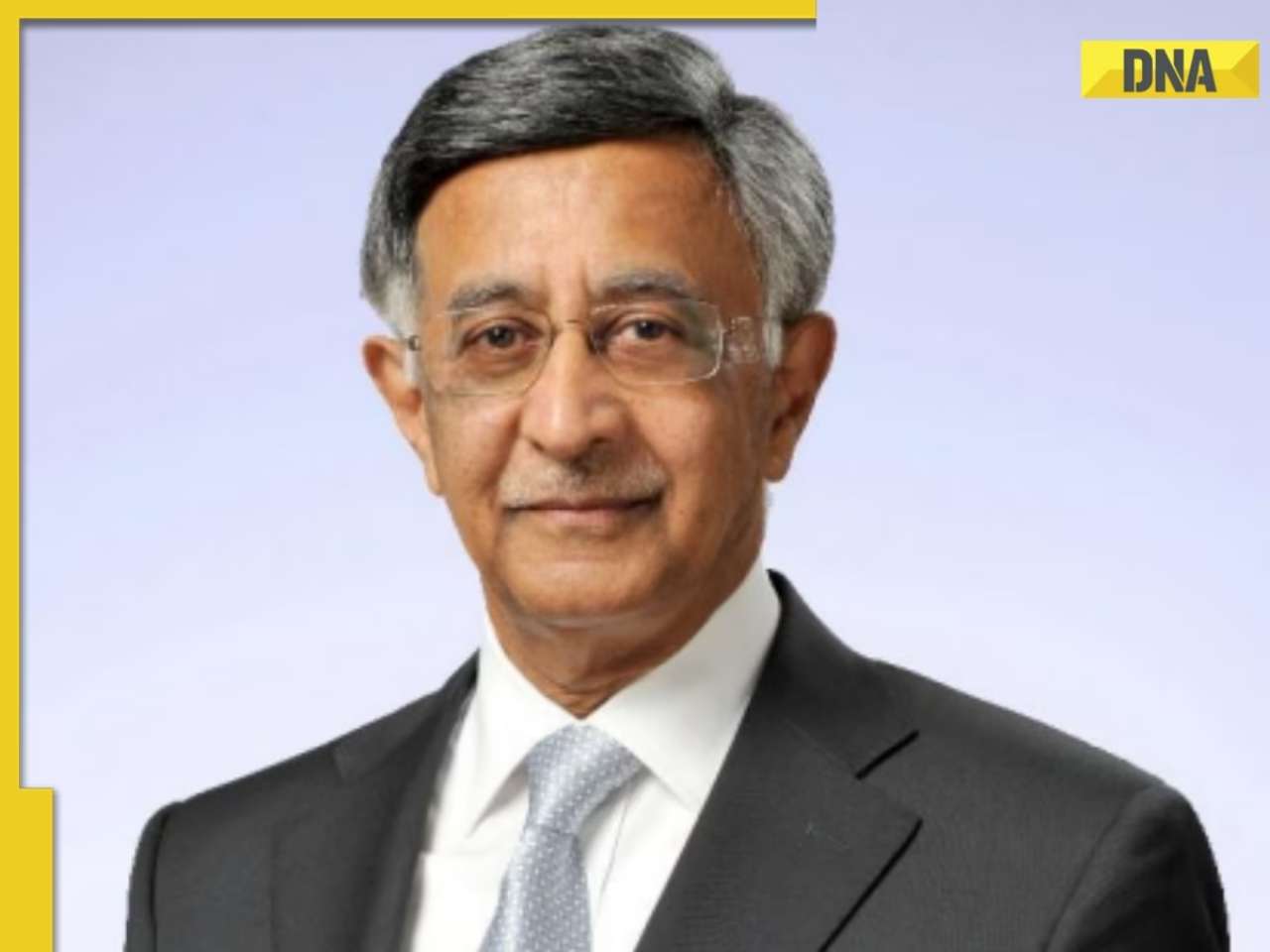



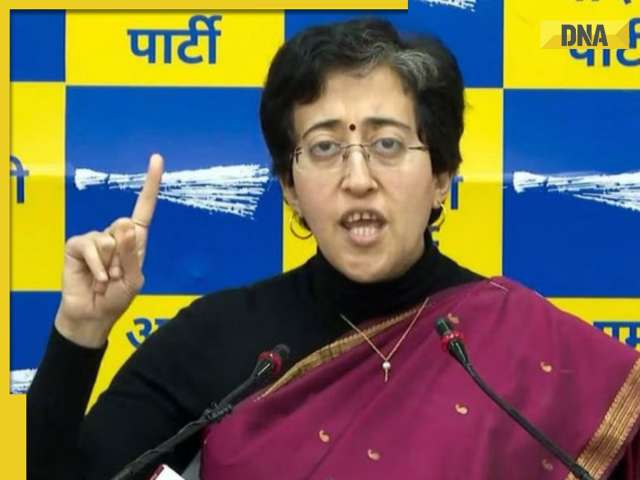
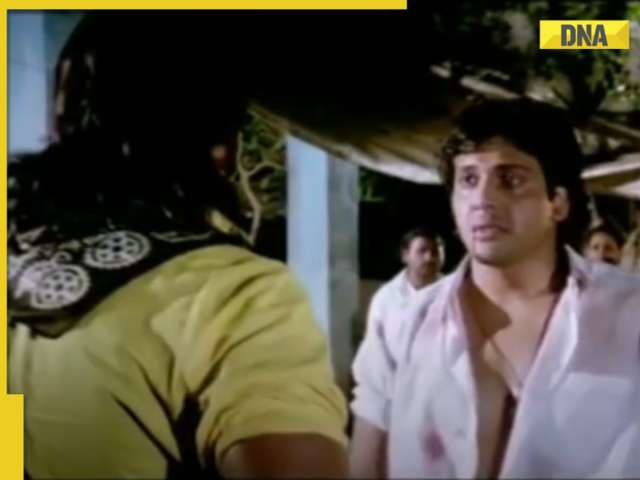

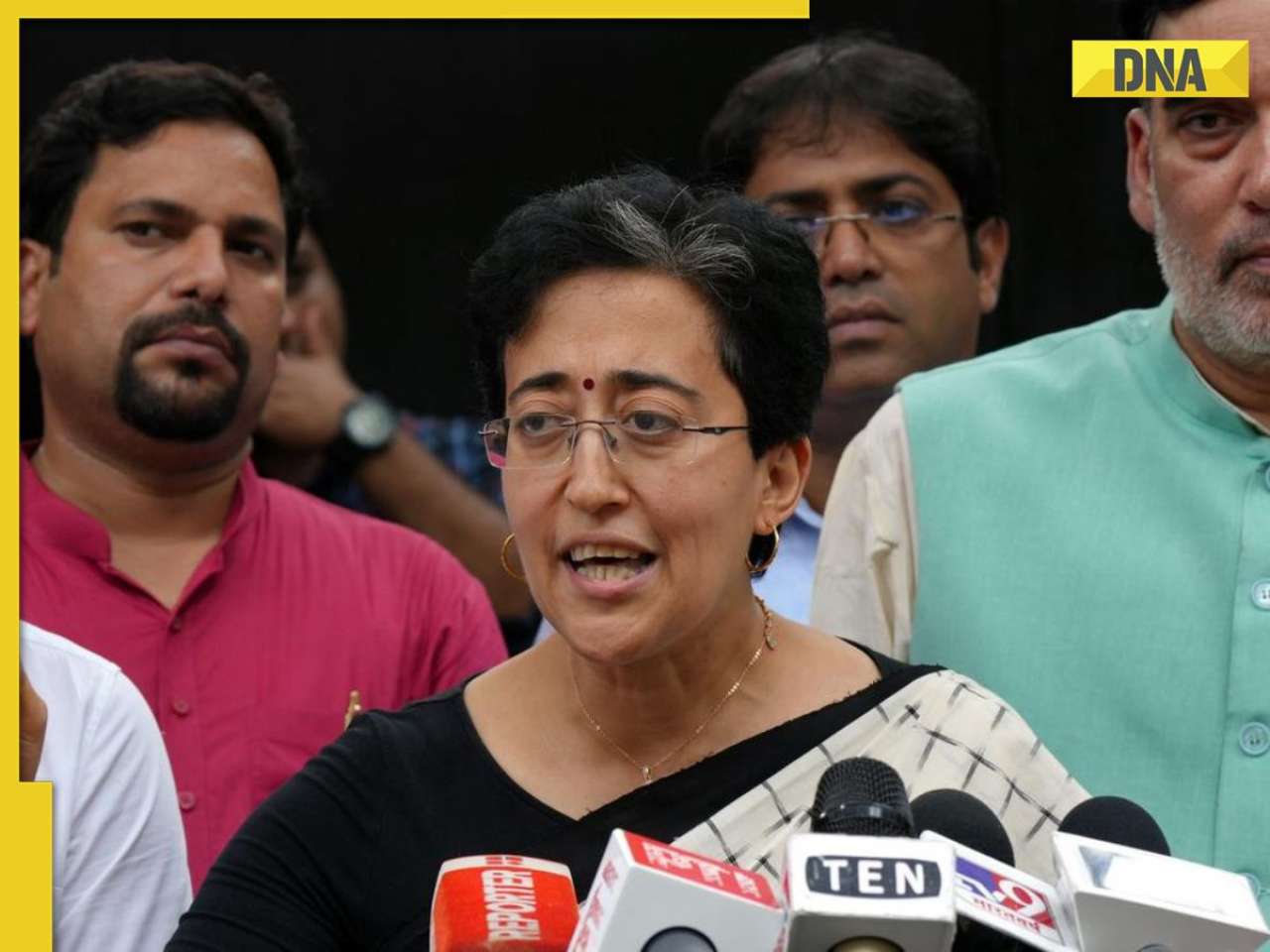
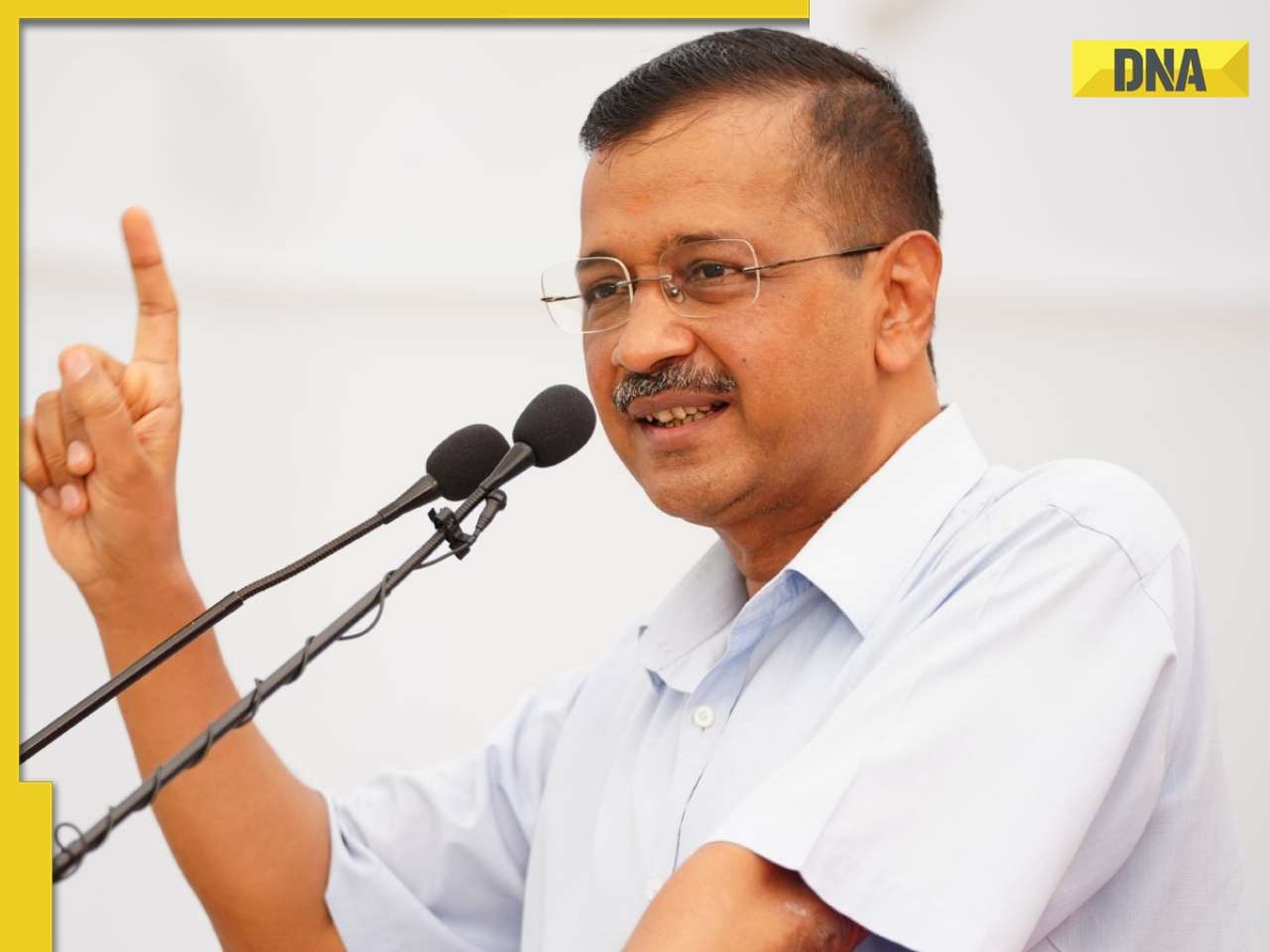
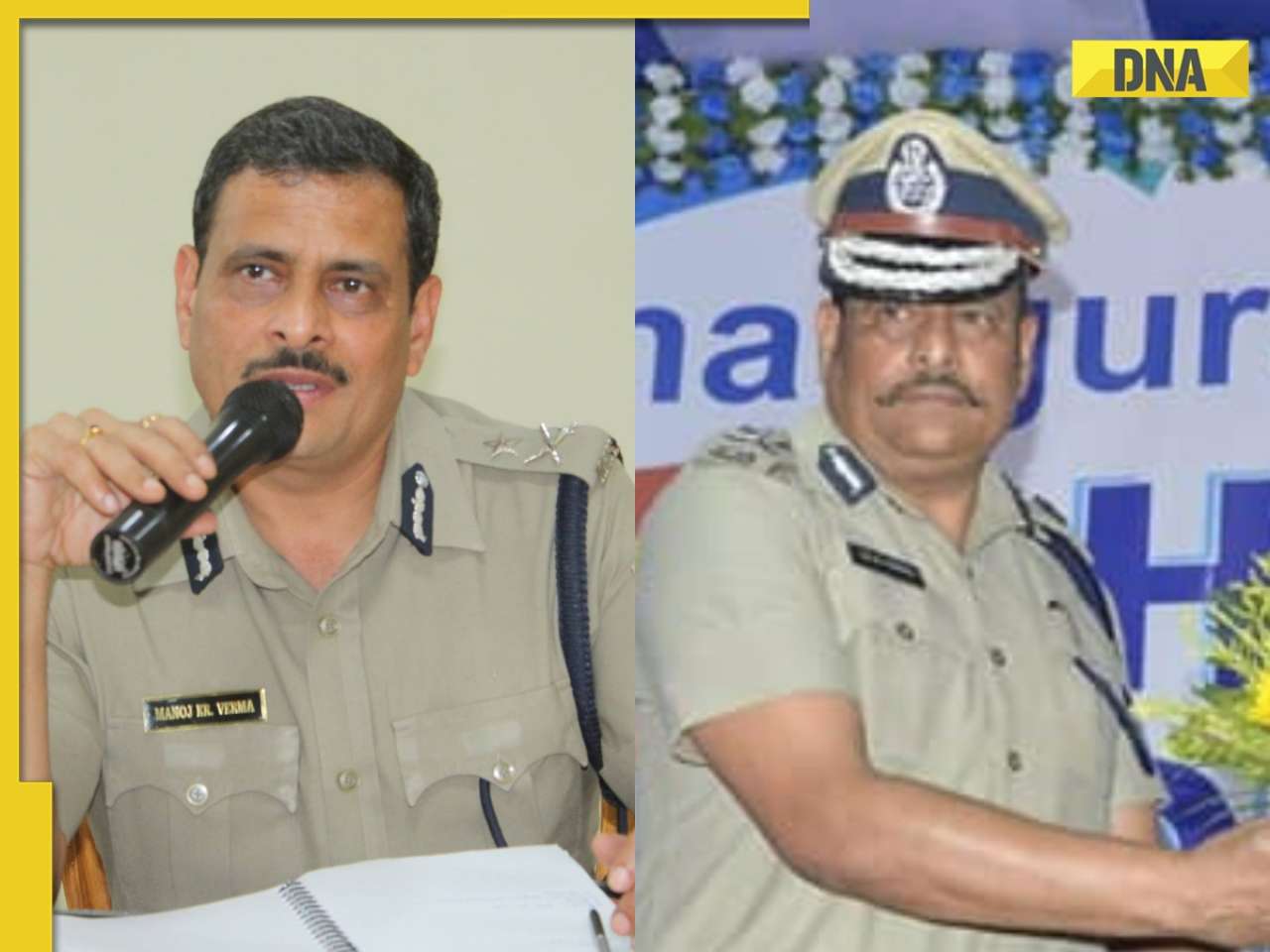

)
)
)
)
)
)
)
)
)
)
)
)
)
)
)





)
)
)
)
)
)